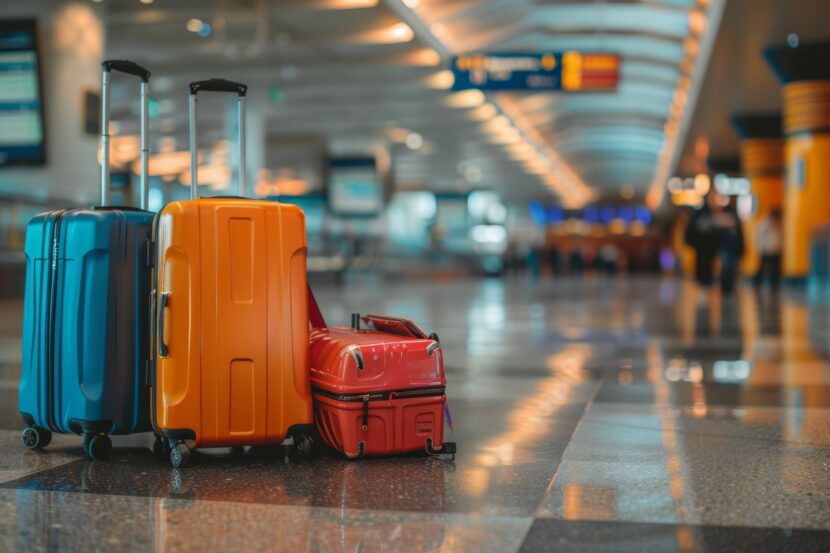TORONTO — A new year brings new adventures – and for a few determined travellers, that may mean destinations so far off-the-beaten-path they’re flagged by the Canadian government as potential trouble spots.
Global Affairs Canada has key points to consider for any travellers heading to high-risk destinations – and the common sense advice works for agents to pass along to clients too.
“As a Canadian travelling to or living in a conflict zone, you need to understand the – potentially severe – risks, take immediate and necessary precautions and be fully aware of the dangers and the steps needed to protect yourself,” says Global Affairs Canada.
The government’s travel advice applies not only to known trouble spots, but also to escalating situations in traditionally safe destinations, and that can happen anywhere and at any time, as every travel advisor is all too aware.
CONFLICT ZONES
The government notes that a conflict zone is any area experiencing “significant and ongoing violence, armed conflict, civil unrest, or severe political instability. There, you will likely encounter violent clashes, sudden changes in security conditions and disruptions to daily life and essential services. Situations can escalate rapidly, putting your safety at significant risk.”
The Canadian government issues its Travel Advice and Advisories, which provide critical information on safety and security conditions worldwide to enable travellers to make informed decisions on destinations. “Note that the decision to travel is your sole responsibility,” says Global Affairs Canada.
Specifically, two risk levels are most likely to have an impact on traveller safety and security, as well as their travel insurance coverage:
- Level 3: Avoid non-essential travel
- Level 4: Avoid all travel
“Ignoring these advisories could jeopardize your safety and place you and your family at significant risk. Always follow the Travel Advice and Advisories and avoid areas with a risk level of 3 or 4.”
“IF YOU ARE THERE, LEAVE”
Says Global Affairs Canada: “If you are currently in a conflict zone, your priority should be to leave immediately while commercial transportation options are still available. Conditions can deteriorate quickly, making it increasingly difficult or impossible to exit safely. The Government of Canada may not be able to assist you in an emergency, and evacuation options may be limited or unavailable.”
If clients do decide to travel nonetheless, they need to understand the risk. Here’s the sobering list of potential safety risks …
Exposure to violent clashes
- Kidnapping and violence
- Drone, rocket or missile attacks
- Air strikes and other forms of violence
Escalation of conflict
- Unpredictable security situations
- States of emergency or martial law, including curfews, security checks and exit bans
- Increased danger
Travel and transportation disruptions
- Potential issues with air transportation
- Air space or border closures
Government and security measures
- Arrests and detentions
- Curfews and exit bans
- Military obligations for anyone considered a citizen of the country
Disruptions to essential services and the use of infrastructure
- Lack of basic necessities such as food, water, and medication
- Connectivity problems, including to Internet services
Being trapped in a conflict zone
- Difficulty in finding safe exits or shelter
- Limited or no commercial flight options or road access
Impacts on travel insurance
Many travel insurance policies will not cover you if you travel to a region where the Government of Canada has issued a travel advisory to ‘avoid non-essential travel’ or ‘avoid all travel’
“If you choose to travel to or remain in a conflict zone despite our advice, you must understand that you are responsible for your own safety,” says Global Affairs Canada.
The government’s tip sheet includes these reminders for travellers …
- Stay informed: Regularly check the Travel Advice and Advisories and reliable news sources.
- Evaluate safety: Continuously assess how the situation may affect your security and insurance coverage.
- Ensure you have means of communication with your family and Canadian authorities.
- Consider leaving. If it is safe to do so, depart via commercial means.
- Sign up with the service Registration of Canadians Abroad to help the Government of Canada contact you in case of an emergency.
- Carry contact information for the nearest Canadian office serving your location and for Global Affairs Canada’s 24/7 Emergency Watch and Response Centre.
Global Affairs Canada also has advice about assisted departures and evacuations from a conflict zone, from everything from the limitations of government-assisted departures or evacuations, to eligibility for Consular assistance, to costs and more.
Travellers are also reminded to make sure all travel documents and those of immediate family members are up to date, secure and accessible.
“Remember that your safety is your responsibility. Follow the advice provided by the Government of Canada and make informed decisions to help protect yourself and your family,” says Global Affairs Canada.
Check out Travelweek Daily for regular updates from Global Affairs Canada on topics of interest to Canadian travellers – and the travel industry. Other topics covered in this Travelweek Daily series include the government’s Travel Advice and Advisories, and Consular Services for travellers.

